Safety tips for kids to keep them safe as they grow up and child safety tips for parents to begin teaching starting at one year old. Every parent needs to teach these safety rules in order to educate children about dangerous situations and dangerous people; keep your kids safe now and in the future.
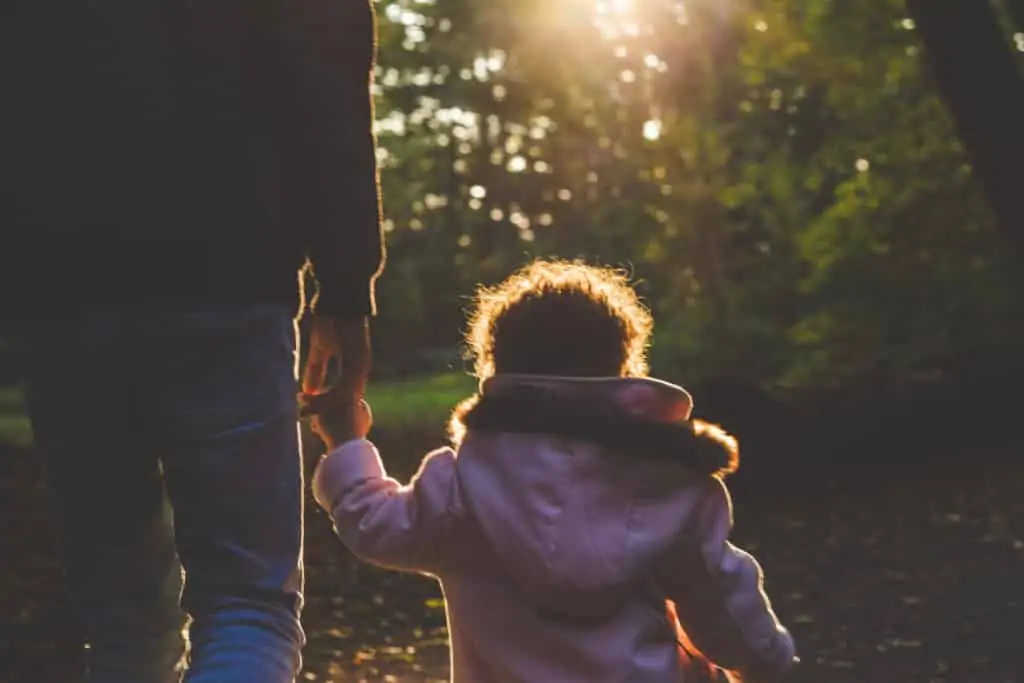
SAFETY TIPS FOR KIDS: IMPORTANT SAFETY TIPS KIDS NEED TO KNOW
There will come a time when you can’t always hold your child’s hand and they must walk alone.
They’ll want to walk down the street by themselves or play in the front yard with other neighborhood children and eventually they’ll attend school where they’ll away from you all day.
There will come a time when you will not be able to be in their presence of your children to protect them.
That doesn’t mean you can’t talk to them about how to protect themselves by teaching important safety rules about strangers, their bodies, talking to them about what is right and wrong and what to do in scary situations. These discussions about safety rules should be reoccurring and involve role-playing so your children understand the proper way to respond and then communicate to you.
1) TYPES OF STRANGERS: GOOD & BAD STRANGERS
It’s important for children to understand not all strangers are bad strangers and instead teach them about warning signs, unsafe situations and tricky people when you begin to explain key safety rules for kids.
Strangers who tempt children with treats and rewards, who lure them to their cars with empty promises or who touch your child’s body when you say ‘no’ are bad people.
People you see at the grocery store, people at the gym, friends’ parents from school… there are millions and millions of people in this world and most of them won’t do any harm to your child but it is important to still teach your children behavior that bad people may use to take advantage of them.
You do not want your children to think everyone they meet is a stranger and to be afraid of them.
Tricky people are adults who ask children for help – no adult should need the help of a child and this is a huge red flag.
2) TEACHING KIDS WHO TO TRUST WHEN THEY NEE HELP
If your children are ever in a situation that they need immediate help, do they know who to look to? This is something I go over with our children every month by having a quick conversation in the car to reinforce all of these important safety rules.
Teach your children to look for other helpful people when they cannot find you or become lost. This may be a teacher, police officer, or a mom or dad with a stroller or diaper bag. Never to go to someone in a car or get into a car with someone who says they’ll help.
3) BODY SAFETY IS A CRITICAL SAFETY RULE FOR KIDS
It is your child’s choice whether they want to receive and give hugs, hold hands, kiss others and whether they want to be held or sit on someone’s lap.
Children need to know that decisions about their bodies and how it makes them feel are their own and they have a choice about their bodies, and also the power to say ‘no.’
Children should understand they alone get to decide who touches their bodies, even if it’s just for a hug. Never, should hugging, touching or kissing be forced or demanded, even among your own immediate family and relatives.
I have taught our children that they do not have to kiss grandparents if they don’t want to. They don’t even have to kiss their parents or hug us if they chose not to.
It is their choice and helps them understand the choice to say ‘no” and in turn teaches them to listen to their bodies and how touch makes feel – good, indifferent or bad.
Another important safety tip is to use the real names of body parts so that children aren’t ever confused by slang names. You want your children to be comfortable naming their body parts and talking to you about them so you clearly understand what they’re telling you, especially if someone has inappropriately touched or talked to them.
Be sure to show your children how to discuss their feelings about their bodies.
For example, if your children are ever at a play date or a relative or friend’s house by themselves and you pick them up, while you’re asking about the time they spent without you and what they did, make a point to ask about how they felt and if they felt safe the entire time. Was there ever a time they felt uncomfortable?
Teach your children how to understand their feelings and the feelings their bodies alert them about while being able to open up to you without reactions that jeopardize honest and open communication.
As a rule of thumb, in our house we say that hugs are ok if they’ve been asked and they are ok with it, kisses are not Ok unless it is your parents and any touching under your clothes or where a bathing suit is, is never OK.
This is another article about child predators and warning signs of someone who is grooming your child. 1 in 5 girls and 1 in 8 boys will be sexually abused in their lifetime which is downright frightening.
Remember, it’s not just adults who manipulate children and initiate inappropriate touching – most commonly it’s other kids who are 18 years and under. Friends, peers, and siblings make up a large percentage of inappropriate behavior and sexual assaults on children. Be sure when you discuss these topics with your kids they know to always report unsafe people – other children and child predators – to you.
4) TEACHING KIDS STREET AND CAR SAFETY
Teach your children about street safety. This includes looking both ways before crossing the street, walking on the sidewalk and not the street, holding hands and not running ahead, being aware of cars that are driving by or approaching you, backing up out of parking spaces and also awareness of other people that may be approaching you.
If you’re walking in a neighborhood where cars may be entering or exiting driveways, teach your children to stop before the driveway so they can look to see if there is a car approaching or leaving before continuing past the driveway.
Another topic which comes around every summer is hot car deaths and why teaching kids about hot car safety is really important.
I taught our children at three years old how to unbuckle their car seats in case they are ever left in a hot car.
We have told our children that if they ever, for any reason, get left or stuck in a hot car that is hot and the windows are rolled up in warm temperatures, to unbuckle themselves from their car seats and to start honking the horn and not stopping until someone comes and helps them. Now that my kids are bigger, they are able to help their baby sister get unbuckled and to get out of the car if necessary.
5) THE BEST WAY TO BE REUNITED IF YOU KIDS GET LOST IN A STORE
Being separated from your child in a store – especially a huge big box store – is terrifying. For you and your child.
Teach your children not to leave the spot they’re in once they notice you’re separated from them and to stand in place and yell your FIRST NAME at the top of their lungs until you’ve found them.
If they start running around the store and up and down aisles, they’ll easily get disoriented and finding them will be harder and take longer.
Yelling MOM works too, but if someone is yelling your FIRST NAME at the top of their lungs, you’ll more easily hear this over other kids in the store that may be having a meltdown and screaming for their Mom too.
6) TEACH YOUR REAL NAME
If your child gets separated from you and someone who is helping them asks them what their parent’s names are… finding “Mommy” and “Daddy” won’t be helpful.
What will be helpful is if your children can share what your full name is – first and last name. This is something you should practice over and over and talk about many times so it’s ingrained.
7) HEALTHY & UNHEALTHY RELATIONSHIP BEHAVIOR
Have an honest discussion about acceptable and unacceptable behavior and what abusive behavior looks like.
Sure, toddlers and kids go through an exploratory biting and hitting stage, but this isn’t what I’m talking about.
Have a discussion about relationships and what is good behavior – acting loving, being respectful, hugging, holding hands, talking calmly, etc. – and what is unacceptable and abusive behavior – hitting, punching, kicking, throwing someone, slapping, calling someone names, threatening, etc.
It may seem early to start this conversation if your children are little, but the more you discuss the forms of abusive behavior, the more aware your children will be and will ask for help and communicate if they ever encounter an abusive relationship personally or among friends, family or peers.
Safety Rules for Kids & Parents Recap
There is a very marginal chance of anything happening to our children during their lifetime however, you can negate this chance ever further by having honest conversations with all of your family members about safety and practical situation preparation. Safety rules for kids is part of preparing your children for unsafe situations and keeping the lines of communication open so they can always come to you if something happens.
It may seem scary to talk about with children so little, but if they are ever in a situation with a stranger or they were lost, the skills you teach them to help be prepared can save their lives and reunite you much faster.
Are there any other tips you talk about with your children or topics you feel should also be discussed? I’m always open to learning more about best practices for child safety and prevention and would love to hear your feedback.
Recommended Books about Child Safety:
Additional Safety Articles for Parents…
- Keep Your Kids Safe in Crowded Places
- Don’t Miss These Signs of Physical, Sexual and Emotional Abuse
- What Happened to Our Daughter and Why We Created a Safe Word
- Common Tricks Child Predator Use to Lure Kids
- 10 Prevention Tips for Parents
Want even more?
Shop All Parenting Resources
Shop all of our parenting resources from self-regulation tools and managing big emotions to building self esteem and confidence. There are resources for all seasons of life!
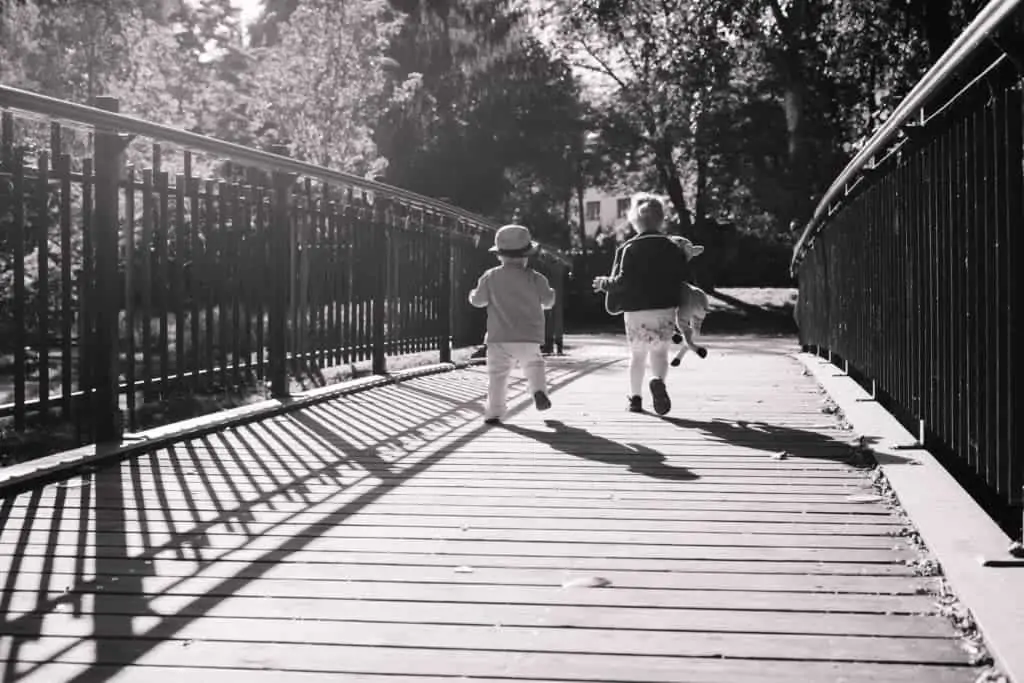











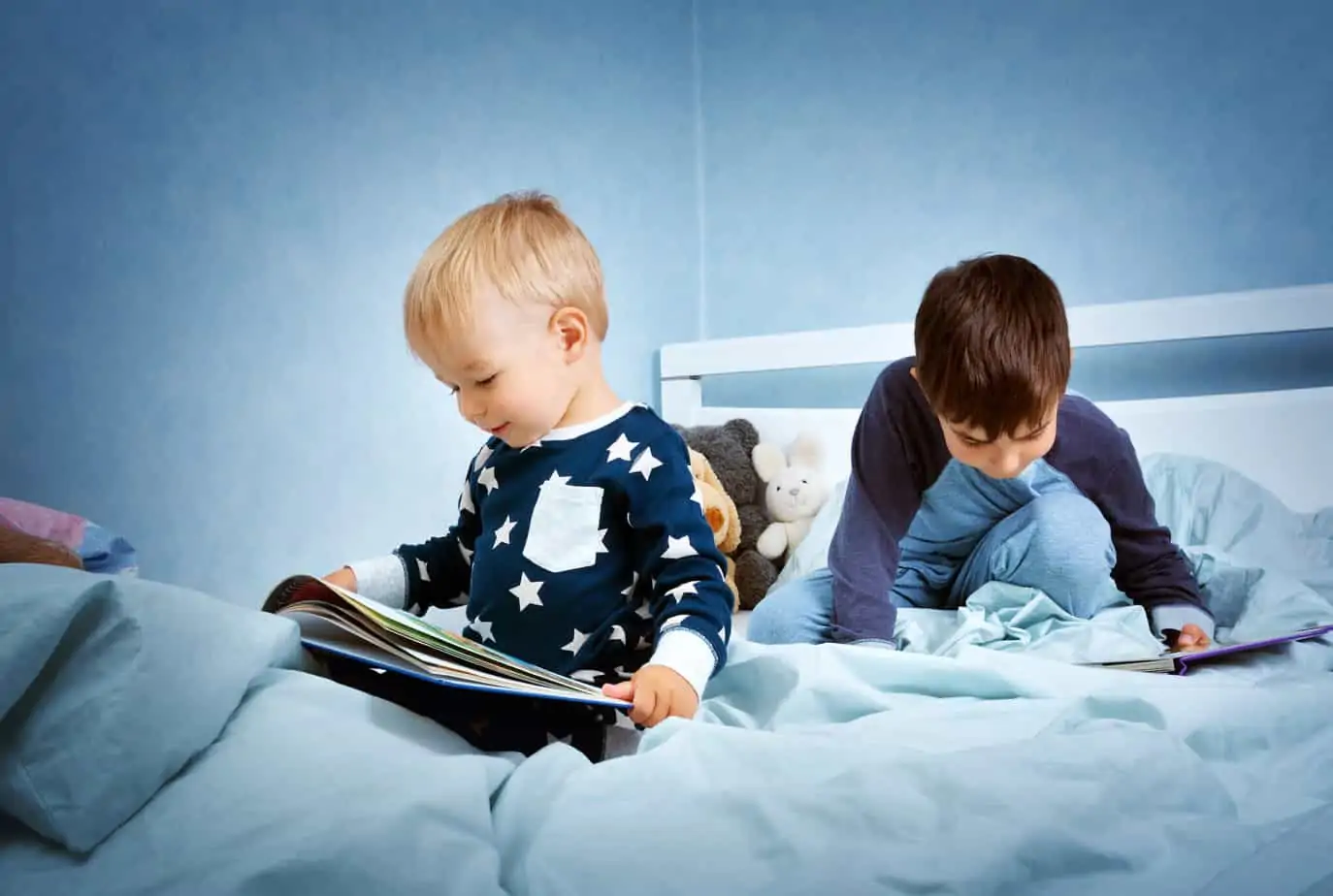


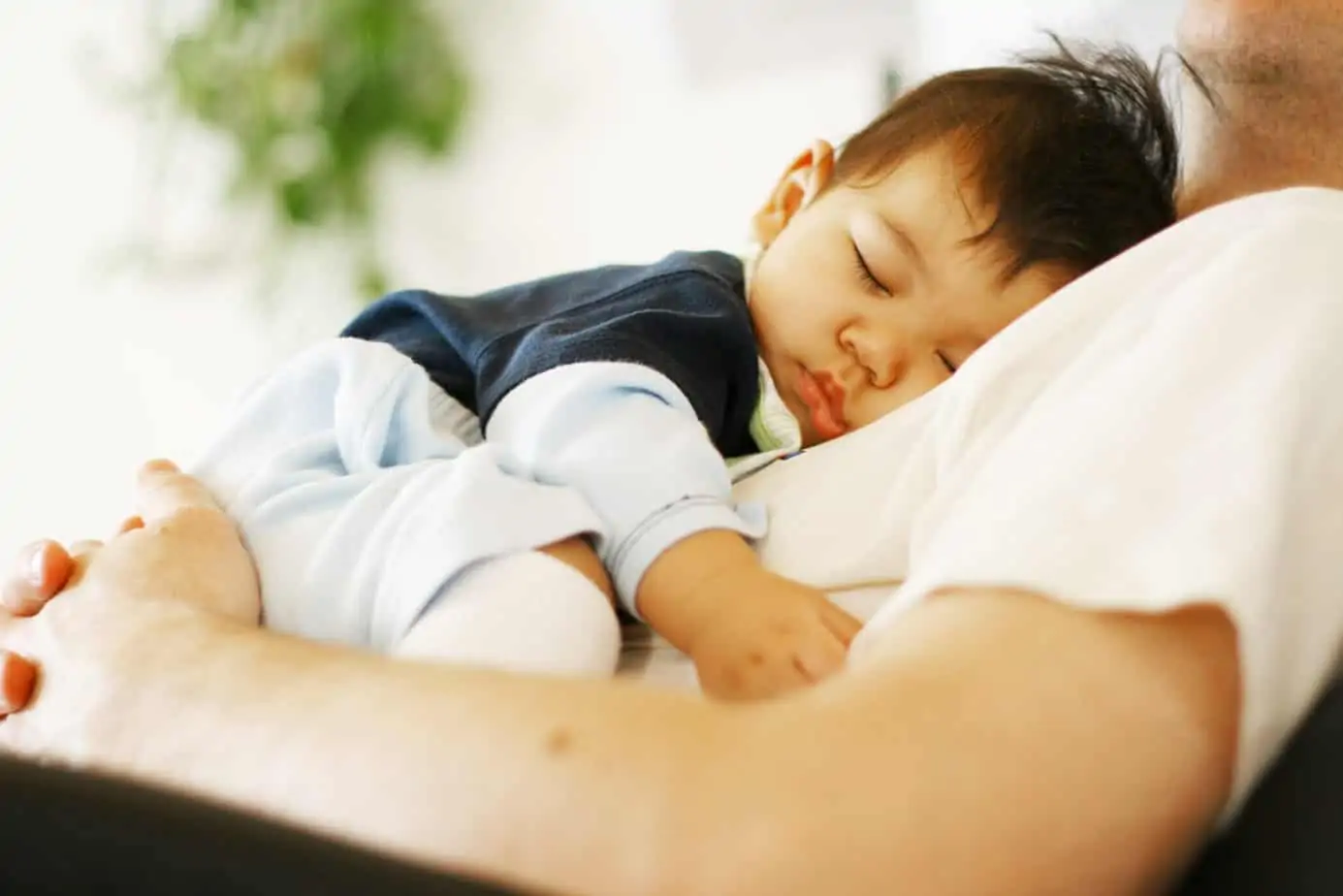
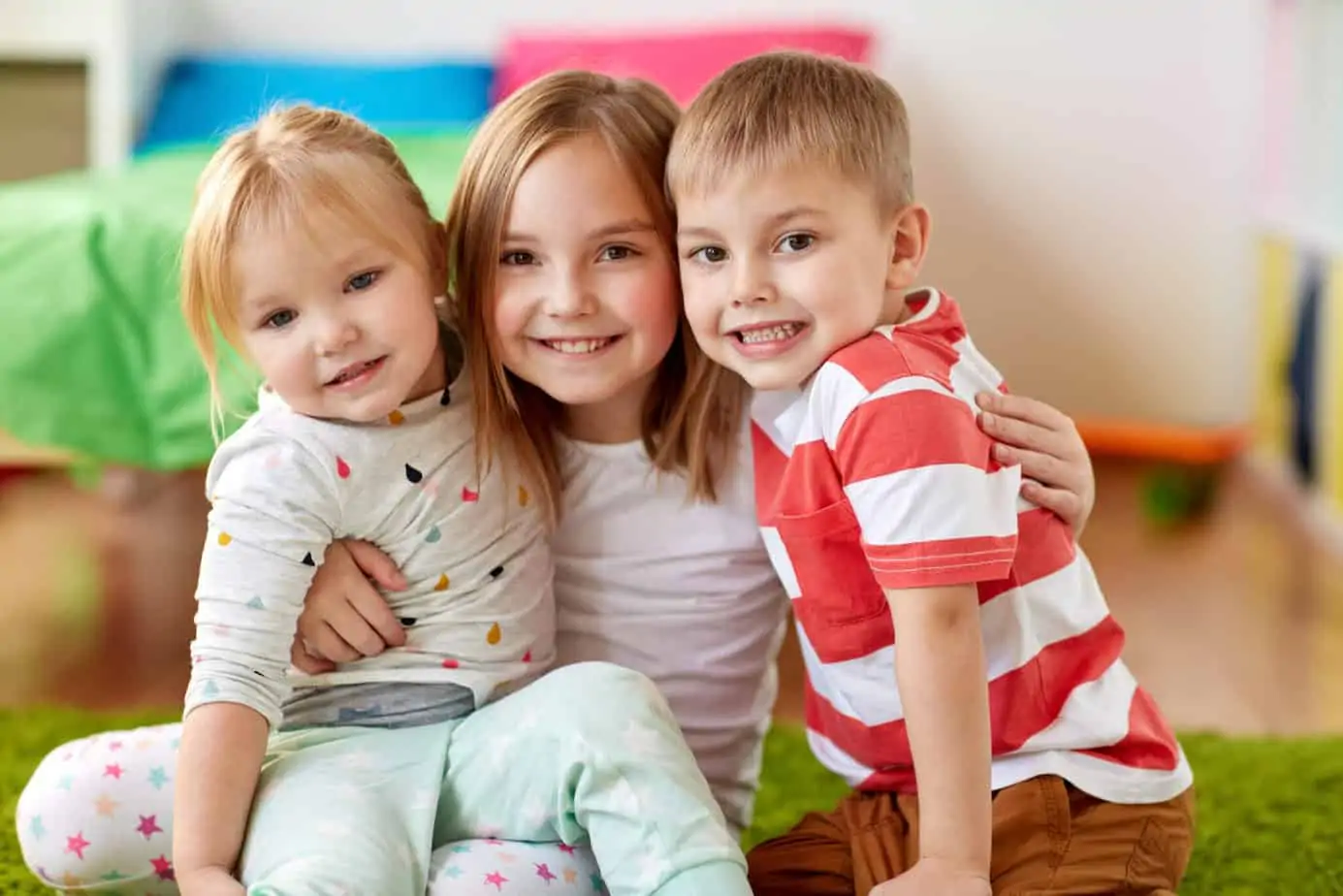

These are such great safety tips for every child. We just started street and car safety but are figuring out ways to work on the others. Thanks for all the great advice, and for joining us for some #mommatime!
My kids are almost five and street safety is one of those constant reminders now that we like to test our boundaries. Glad the other tips will be helpful. Looking forward to more #mommatime!
These are great safety tips to teach our children, We are working on several of these right now with our children. Particularly the street safety.
Thanks! Glad they’ll be helpful tips for you and your family.
While I fully appreciate the list of safety tips what I am wishing for is a how and a what. How do you discuss relationships and and abusive power? What do you say?
Hi Lia, take a look at this article. It’ll help you talk to your kids about safe and unsafe people, body safety and boundaries. https://www.thepragmaticparent.com/educatingbodysafety/
Love this ! Very well thought out!
Just a suggestion… under the relationships category it may be helpful to include manipulation in the bad behaviors.
Absolutely – manipulation, shaming, bullying… all harmful behaviors we can teach our kids are unacceptable. Thanks for the suggestion!
I wanted to add to the “Bad Touches” and” Abuse”parts. ITS VERY IMPORTANT our CHILDREN know ITS NOT just Adults we need to focus on, ITS other Children or Friends that need to be mentioned just as well. Its just as hard if not worse for a child to open up to you about a friend hurting them or making them feel uncomfortable, Our kids want to fit in and feel accepted at all ages. Its the last thing you would ever expect until it happens. What it does to the poor innocent child,
Hi Michelle, You’re absolutely right. It’s incredibly important for kids to know that other children and peers, not just adults are capable of this as well. And statistically, it is children, relatives, friends, and peers who hurt others. Thanks for the suggestion, I’m going to update the article with this information now.
This is such an awesome well written article talking about some very real topics that I know as a parent I don’t think too much about, but it’s very real and needs to be had
This was a good read! I like the advice that tricky people ask kids for help. It is a very telling behavior.
Thanks for the great tips to teach our preschool children. Great site for children’s safety & health.